Hunting Seashells and Other Treasure at Gulf Shores, Alabama
Hunting seashells and other beach treasure is an activity that the entire family can enjoy while vacationing at Gulf Shores. It is free, legal, and extremely easy. Children almost never get tired of it.
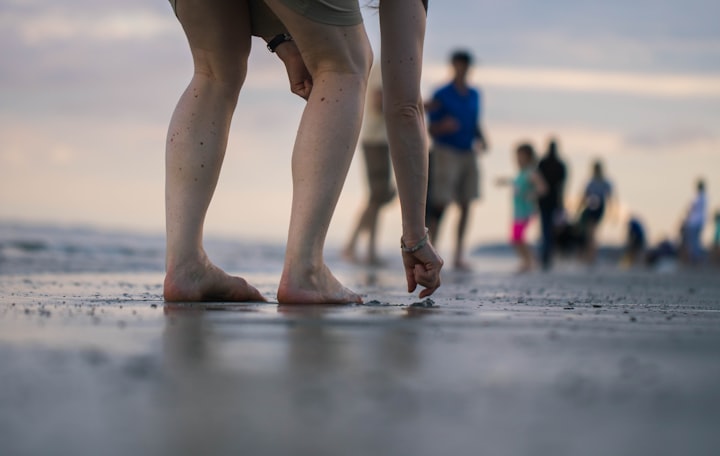
Almost everyone who visits the beach is a treasure hunter. Beachcombing is an activity that anyone can enjoy at some level. Treasure hunting on the beach includes everything from picking up pretty seashells to metal detecting for artifacts that have washed up from shipwrecks.
Without a doubt, there are more people who arrive home from a Gulf Shores beach vacation with something that they found on the beach, than not. The most popular treasures to take home are seashells, for two reasons: they are beautiful and easy to find. Driftwood, fossils, coral, starfish, and sand dollars are other treasures of nature that wash up on the beaches.
Hunting the treasures of nature is an activity that the entire family can enjoy while vacationing at Gulf Shores. It is free, legal, and extremely easy. Children almost never get tired of it.
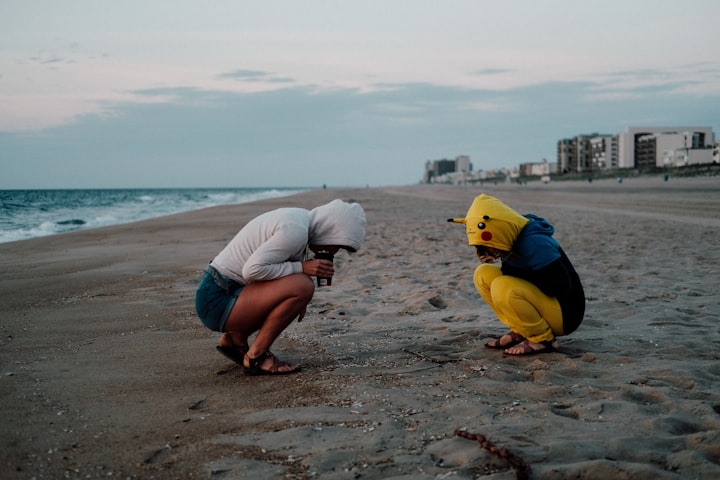
We have some of the most beautiful sugar white sand beaches anyone could ever hope to visit. Ask just about any avid hunter who has visited the Alabama Gulf Coast and he will tell you that you cannot find a better area anywhere to jump-start a shell collection than the thirty-two miles of beaches in the Gulf Shores area. It is true! Come see for yourself!
Where and When to Look for Shells
Depending upon your interests, you can go hunting while diving or snorkeling, or you can walk along the pristine beach and pick them up. Some people become very proficient at digging in the sand to find beautiful specimens.
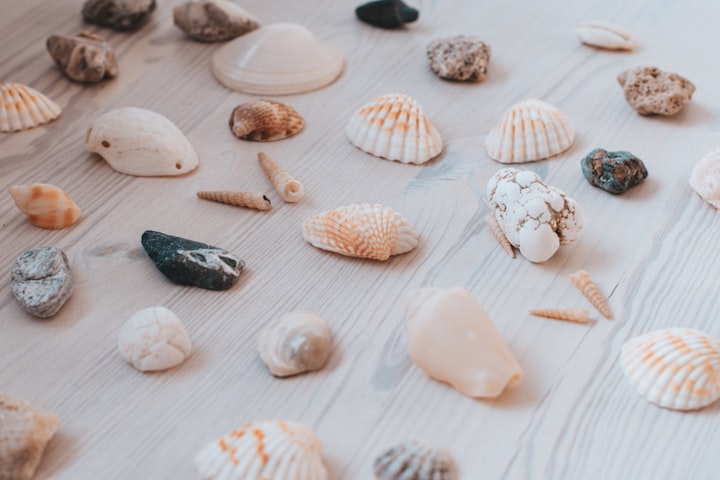
Of course, the best time to hunt is when you are at the beach, but some times are better than others.
Some of the best times to look are during low tide. Just after a storm is particularly good, and the bigger the storm, the better the hunting. Although it may not be safe to get on the beach soon after a hurricane, hurricanes can bring in some interesting, and otherwise difficult to find, deep-water seashells. If you are near the beach when a hurricane passes and the beaches are open, get there early to find the best shells.
Dredging can possibly deliver more seashells to the beach than a hurricane. The dredging process removes sand from deep water to the beach. They will be under the sand, so digging will be required. Move back away from where the water is breaking and dig a couple of feet into the sand. Make sure to cover all of the holes you have dug.
Make Sure That Shell Is Not Occupied .
Be careful not to take shells with live creatures inside. These shells are their homes, and we need them to live and do the things that they do to keep the ecological balance of our waters and coastline. All vacated shells are fair game in Gulf Shores.
Remember, sometimes it is hard to distinguish the live specimens from those that are empty. It is a good idea to sit down before you leave the beach and lay your shells on the sand. Anything that is living may just make its way back to the water. If you notice movement of any shells, allow them their freedom. This is a great idea, since it is better to be safe with wildlife than to be sorry.
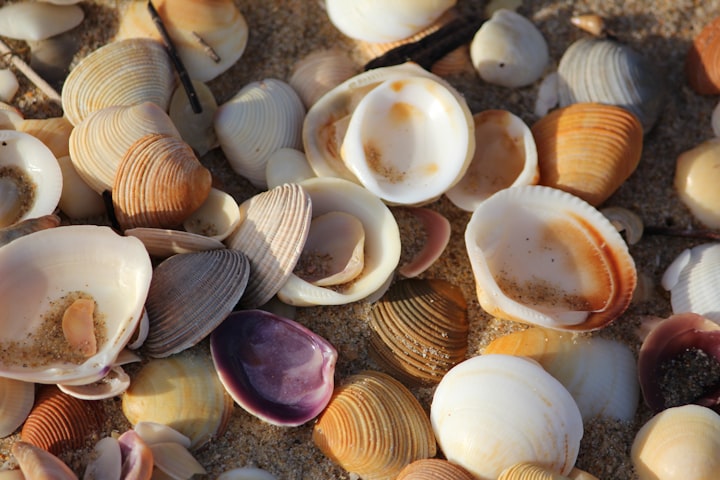
Though it is not the case at the Alabama beaches, there are parts of the world where it is unlawful to take any shells from the beaches. If visiting an area new to you, consult with local authorities before collecting any shells.
If you are visiting the beach with your children, why not make your shell collecting a learning opportunity? After you have had time to rest up from your vacation, buy a shell identification book or find a good seashell website. Your child will be amazed at the animals that once lived in those shells and might develop an interest that will last into adulthood. Some shell collectors become good at finding shells and take it to the next level, building life-time collections worth thousands of dollars.
Sea glass is a beach treasure that I had not heard of until recently.
Sea glass are glass objects that have somehow ended up in the sea-- broken bottles, jars, dishes, etc. All that glass is just litter; that is, until it has been in the sea long enough to get tossed and turned enough to be considered sea glass.
I was so intrigued by this beach treasure that I tracked down an expert sea glass hunter and collector for an interview. The Alabama Gulf Coast beaches are among the most litter free in the world, but there are still places to find sea glass near Gulf Shores. Truth-be-told, you are more likely to find sea glass on our beaches when you are looking for shells, not when you specifically go sea glass hunting, but it would be a loss not to know what have found if you did come across a piece.
Metal detecting has grown more popular at the beach over the last decade. Metal detectors have become less expensive and easier to use.
Most who use detectors are looking for lost change and jewelry, and there is always plenty of it on the easy-to-access beaches. Coins are lost on the public beaches every day during peak seasons and warm weather weekends.
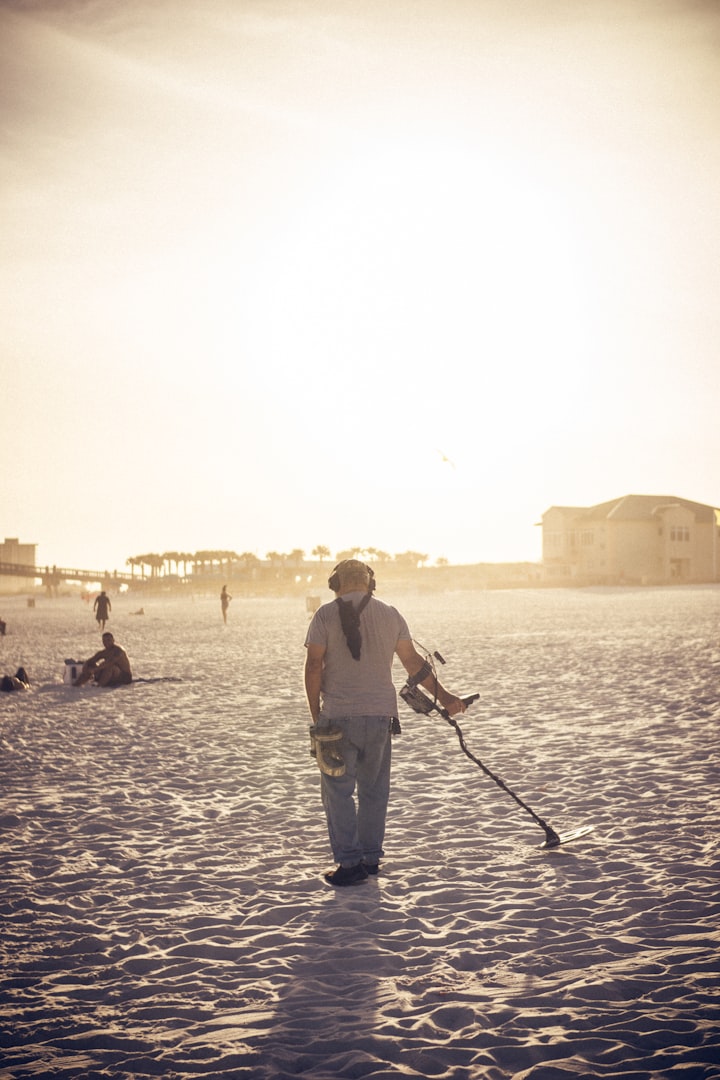
Many beach tourists would be astounded to know what the odds are that they will not return with all of the jewelry that they arrived with. Expensive jewelry ends up in the sand and in the water all the time. One day we were on the beach and someone approached us almost screaming, "Got a metal detector?" Often, we see groups of people combing the sand for a piece of jewelry that one of them lost. If they do not find it, someone with a metal detector probably will after the one who lost it is back at home.
Coins can add up quickly at a popular beach.
Some treasure hunters are after genuine artifacts that are several hundred years old. Finding relics from shipwrecks and early coastal settlements takes more practice and effort, but finding a coin, piece of jewelry, an old key, or another relic from the past is exciting and could be worth a lot of money. European explorers roamed the area as far back as the 1500's, so it is certainly there to be found.
Before the European explorers discovered the Alabama Gulf Coast, Native Americans had been living here for over 10,000 years.
They left plenty of artifacts behind, and some Indian artifact hunters are good at finding it. Sometimes prehistoric Native American artifacts will turn up where you least expect it. One day I was sitting with my wife on the beach. I was casually sifting sand through my fingers like I always do. I usually feel little shells and fragments of larger ones, but this time I felt something different. It was worked stone-- pieces of arrowheads and other small tools used by Native Americans. They were all broken, but nonetheless, they were artifacts, last touched by prehistoric Native Americans. That sand had recently been dredged from deeper water.
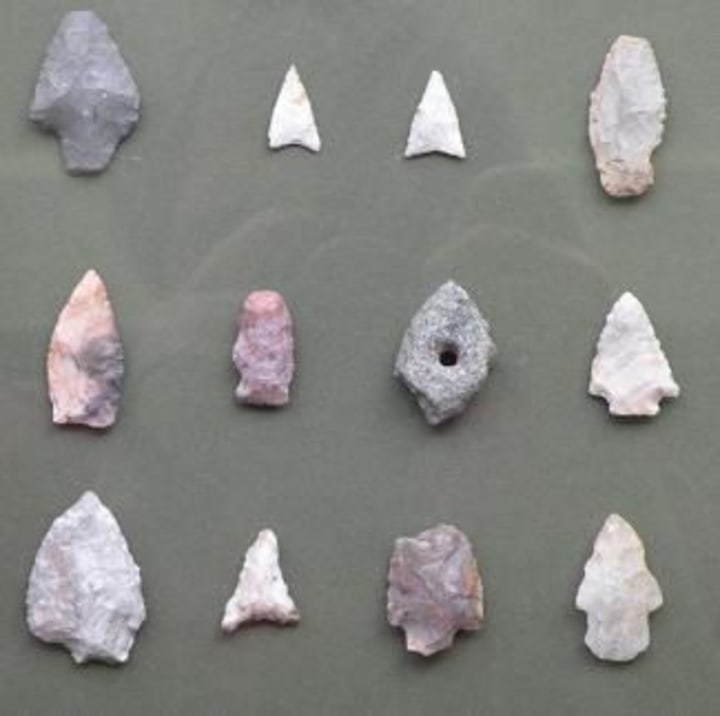
Though it is possible to find an arrowhead that the surf has washed up, most artifacts are going to be found on the back bays, islands, and riverbanks of the Alabama Gulf Coast. A plowed field or a cleared construction site near that water is prime for hunting. I asked an expert hunter of prehistoric Indian artifacts for some tips. I have a more detailed book available at Amazon.
Whatever the treasure you are after, make sure that you are aware of all the laws pertaining to treasure hunting on the Alabama Gulf Coast. Collectors are prohibited from taking treasure from government land, including state parks. If you have found a promising place to hunt for treasure on private property, ask for permission first.
Happy hunting!
About the Creator
Bill Coleman
Hello! I am a traveler, outdoorsman, and writer.






Comments
There are no comments for this story
Be the first to respond and start the conversation.